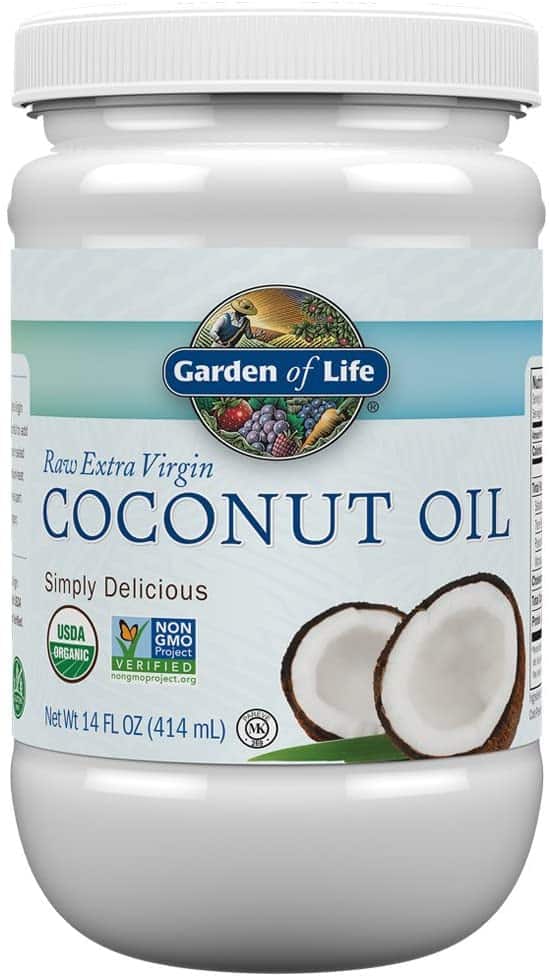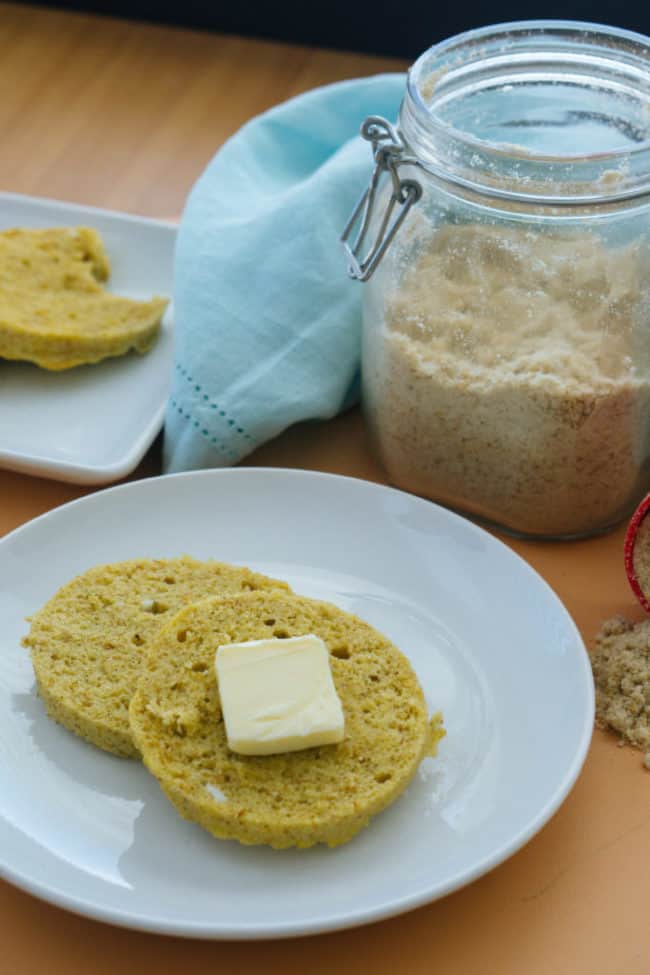The keto diet is known for its countless health benefits like sustained energy, less cravings, and weight loss, but keto constipation is a common drawback for some beginners. This article will tell you everything you need to know about keto constipation, what causes it, how you can treat it, and even how you can prevent it.
What is Constipation?
Constipation is defined as infrequent bowel movements or difficult passage of stools that persists for several weeks or longer, generally having fewer than three bowel movements a week. These bowel movements are painful and difficult to pass.
Keto Diet Overview
A ketogenic diet is a high-fat, low-carb diet. On it, you’ll replace starchy breads and sugary cereals with avocados, butter, and fatty cuts of meat. Many people use the keto lifestyle to treat health conditions like arthritis, diabetes, and chronic inflammation.
Foods on a Keto Diet
- Meat, poultry, fish
- Low-Carb, Low-Starch veggies (Greens, broccoli, cauliflower)
- Low-Sugar fruit
- Nuts & Seeds
- Eggs
- Full fat dairy
- Healthy Fats and Cooking Oils
During the first 3-7 days on the ketogenic diet, your body transitions to a state known as ketosis. First, the lack of dietary carbohydrates forces your body to deplete its glycogen stores, which it keeps for energy. After these stores are emptied, your body adapts to using fat for fuel as the liver produces ketone bodies (“ketones”) for energy to replace glucose.
Ketones are a slower, much more efficient source of energy than glucose. Your body needs to break down fat from your diet and within your body in order to make ketones, unlike glucose, which is created when you consume carbohydrates.
Is constipation a sign of ketosis?
While many keto beginner experience constipation, it’s not a sign your body is in a fat-burning state of ketosis. The body is adjusting to a new diet and might be learning how to digest new kinds of foods altogether, so constipation can occur in keto beginners. Here are some better ways to tell if you are in ketosis:
- Weight Loss
- Ketones in your blood (Use a ketone blood meter like the one from Keto-Mojo)
- Fruity or bad breath
What Causes Keto Constipation?
Going on a keto diet is a major lifestyle change for many people. There is bound to be an adjustment period or you might have to makes some tweaks in order to feel your best and have success.
1. A Change in Fiber Intake
At the root of keto constipation, fiber intake is often to blame. It’s not that you’re eating too much fiber, or too little, but that you’ve made a sudden change in your fiber intake.
The Standard American Diet (SAD) gets a large portion of its fiber from grains, and the keto diet is low-carb. See the problem? Your body takes a while to adjust to the fiber amount you are feeding it, so it’s not as easy as just adding more fiber into your diet and your poop problems will be solved. It is best to slowly change the amount of fiber in your diet rather than making dramatic changes.
You can try soluble fiber supplements if constipation remains an issue, or try adding in high-fiber vegetables and foods to create a diet you can sustain for the long haul.
High Fiber Keto Foods
- Broccoli
- Flaxseed
- Chia seeds
- Leafy greens
- Bell peppers
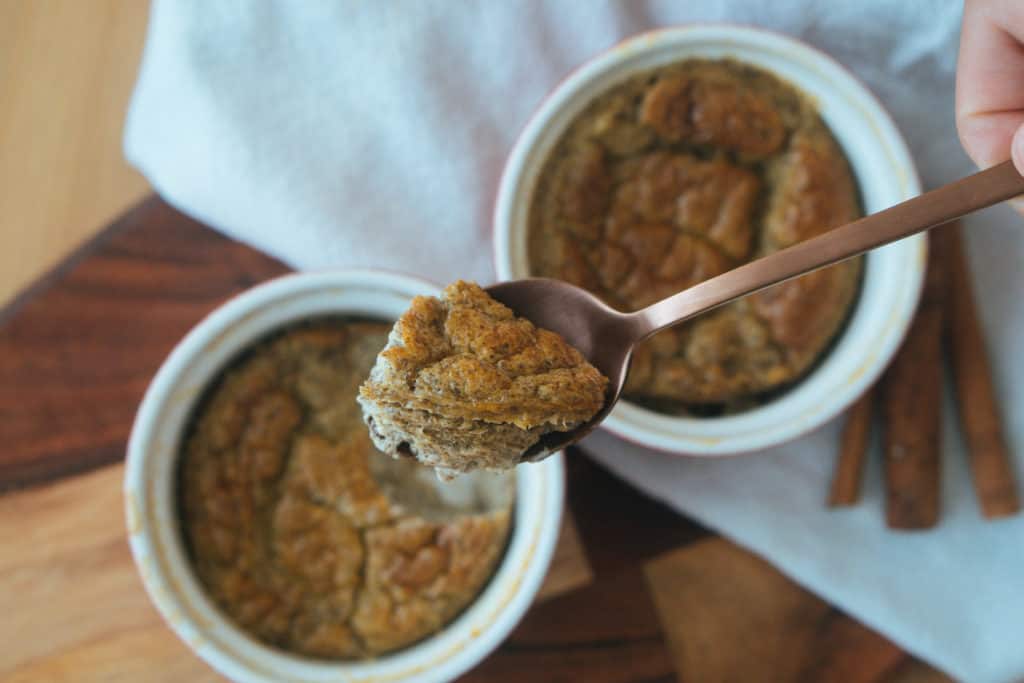
2. Poor Hydration
You might notice you urinate more than normal on the keto diet, which is common when first starting out. Glycogen holds onto a lot of water in the body, so when you deplete those sugar stores, you let go of a lot of fluid, which can lead to dehydration and potentially, constipation.
It’s important to drink enough water throughout the day, especially if you are exercising, spending time outside in the heat, or are sweating a lot. The more fluids you ingest will help keep stools soft, but you must also keep in mind your electrolyte intake.
3. Electrolyte Imbalance
You’ve probably heard about the importance of electrolytes on a keto diet. As your body holds onto less water, you need to pay closer attention to your magnesium, sodium, and potassium levels. And when it comes to good digestion, magnesium plays an important part.
Supplementing with some magnesium citrate may help move things along for anyone dealing with irregularity or constipation, and magnesium oxide is commonly used as a laxative. We like to supplement with magnesium glycinate and you can learn why in our Keto Supplement Guide.
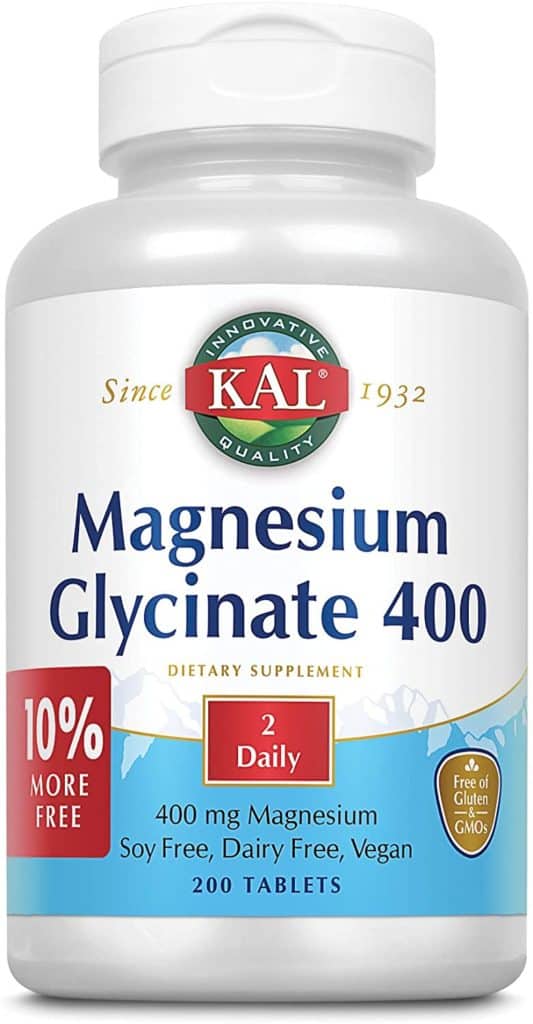
4. Dairy Intolerence
The keto diet can include full-fat dairy, and because it provides an easy, tasty source of healthy fats, many people end up consuming more dairy then they would on a regular basis. You might discover that you’re lactose intolerant on a keto diet, which is when your body has trouble digesting the natural sugars in dairy (lactose). This could lead to digestive issues like constipation or diarrhea.
Try going dairy-free for a few weeks and monitor your digestion. Approximately 65 percent of the human population has a reduced ability to digest lactose after infancy, so it might be the culprit to your keto constipation. We have some of our Dairy Free Keto recipes on our food blog and a whole custom dairy-free meal planner on The Curve.
5. Lack of Exercise
Simply put, the large intestine responds to physical activity and exercising speeds up the digestion process. The quicker your stool moves through the colon, the less time the body has to absorb all of the stool’s fluid, making it easier it is to pass.
Something as simple as a “digestion walk” after a meal may help with improved regularity.
6. Not Enough Fat
The simplest reason you may be experiencing digestive issues is because you’re not eating enough high-fat foods. The ketogenic diet is a huge adjustment from the Standard American Diet, and we understand it’s hard to wrap your head around the high-fat idea, but you’ll be glad you did.
Bile is the product your body makes to break down fat. It’s also a lubricant for the colon. So, the more fat you eat, your body will push waste through your digestive tract faster.
This is why we always recommend a gradual introduction to MCT oil in your morning bulletproof coffee! Caffeine plus the rapid absorption of MCT fats can send you running to the bathroom.
You should also add fat to meals for energy, satiety, and flavor. Find fat in meat, eggs, dairy, nuts, seeds, and oils. Here are some of our favorites:
- Butter
- Ghee
- Cooking oils: Olive Oil, Avocado Oil, Coconut Oil, Sesame Oil…etc.
- Beef Tallow
- Lard
- MCT oil (great for smoothies and fat bombs)
- Heavy cream
Not all cooking oils are considered healthy, so check out our Guide to Healthy Cooking Oils to figure out what’s best for you.
What helps constipation on keto?
Now that you know what causes keto constipation, let’s look at a five few steps you can take to treat it.
- Increase fat intake, especially quick-digesting fats like MCT oil and coconut oil.
- Supplement with magnesium.
- Exercise regularly or try going for a light walk after meals to activate the bowels.
- Stay hydrated by drinking plenty of water and avoid too much alcohol as it will have the opposite effect. Caffeine can also help get things moving.
- Give your body time to adjust to the new levels of fiber in the diet. Without all the grains and cereals in your bowels, your body will need time to adjust.
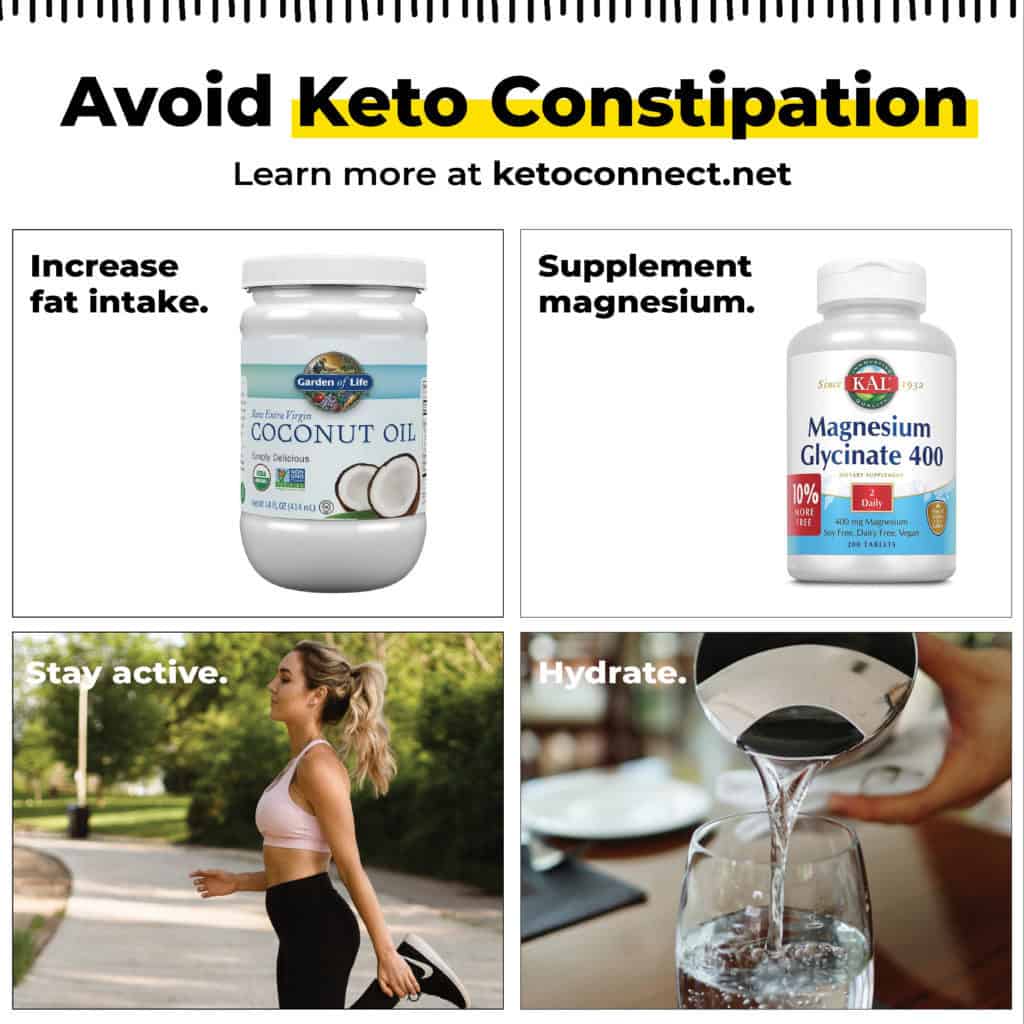
What is a natural laxative?
There are a few ways you might be able to move things along quickly in a natural way. Here are some natural laxative options for those experiencing keto constipation:
- Coffee: Stimulates the muscles in your colon, which may have a natural laxative effect.
- MCT oil or Coconut oil: Add a tablespoon to your meals.
- Magnesium Citrate: Increases the amount of water in the digestive tract, which will cause a bowel movement.
- Some Sugar Alcohols: Many sugar substitutes, like sugar alcohols, can cause gastrointestinal disturbances in people unaccustomed to consuming them. Look for ingredients like sorbitol, erythritol, maltitol, or xylitol which are difficult for the gut to absorb. This means that they’re often reaching the large intestine without being properly digested. At this point, they have a laxative effect. (Find out why maltitol isn’t keto friendly.)
Do you poop less on keto?
Many people poop less or have smaller poops on a keto diet due to the decrease in fiberous foods like grains and legumes. Pooping less doesn’t necessarily mean you are constipated, and it might just be your new normal. Bloating, discomfort, or pain when passing stool, are more common indicators of constipation.
Diarrhea on Keto
Unfortunately, there’s more than one unpleasant issue that can pop up alongside your new low-carb, high-fat lifestyle and it’s diarrhea. All of the treatments for keto constipation might just be the culprits for those experiencing diarrhea on keto.
Too much fat (especially MCT oil), high amounts of caffeine, and too much magnesium can lead to diarrhea. Check out our post on how to avoid Diarrhea on Keto and learn how to treat it!
Keto Constipation in Summary
- Constipation can effect new keto dieters, but once the body gets used to new levels of fiber and fat, the problem should sort itself out.
- Constipation is not a sign of ketosis.
- Causes of Keto Constipation
- What Helps Constipation on Keto?
- Natural Laxatives
- Do you poop less on keto?
- How to Treat Diarrhea on Keto
Have you experience keto constipation? How did you avoid it? Let us know in the comments below!
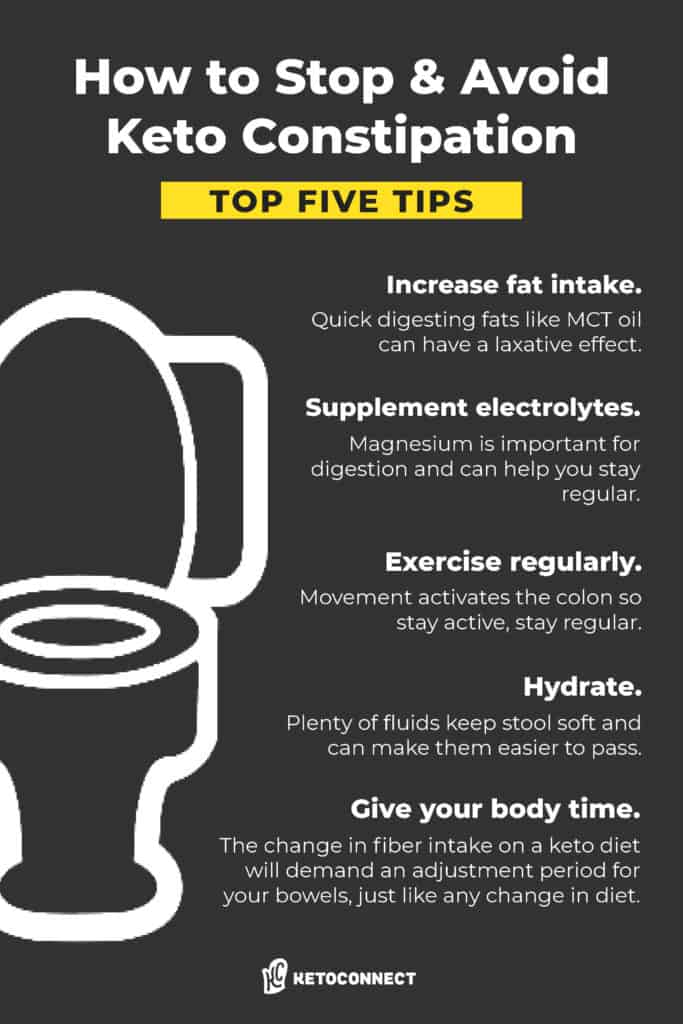
Written by
Megha Barot
Megha has always been a passionate cook, but she took this to a new level after starting her keo journey in 2015. She loves creating new recipes and producing educational content for KetoConnect, which she co-founded in 2016 with Matt. Her passion for healthy eating and personal development continues to thrive. She's the proud mom of two awesome kids.
